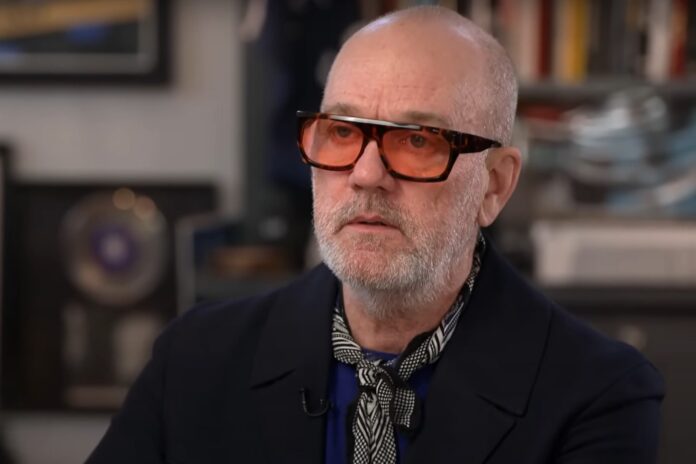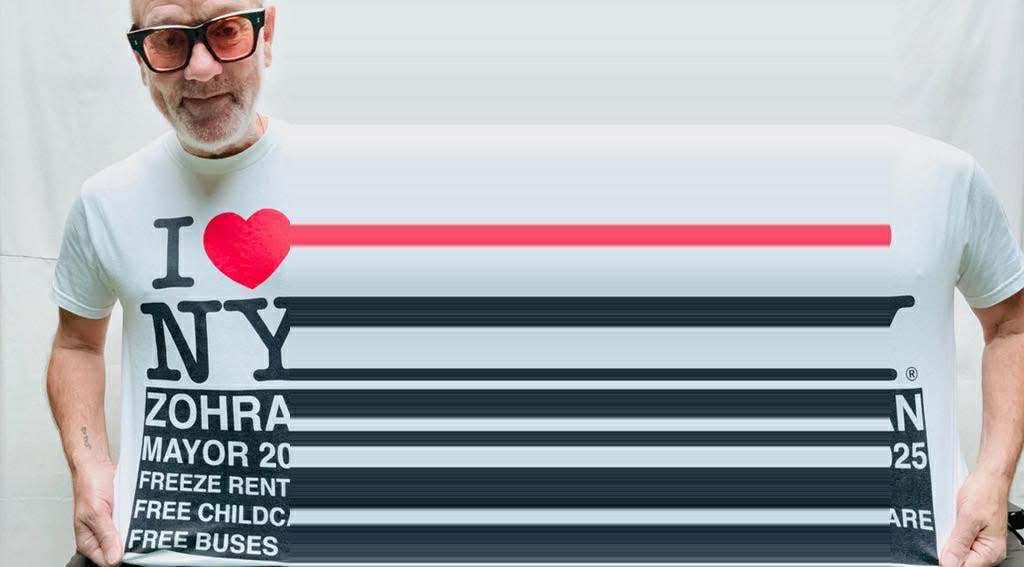R.E.M. frontman Michael Stipe recently dropped a controversial picture, at least to conservative fans, on social media. In a deleted post, he could be seen wearing a t-shirt in support of Zohran Mamdani.
Michael Stipe supports Zohran Mamdani
The election for mayor of New York City is scheduled for November 4th, 2025, with several major candidates vying to lead the largest U.S. city.
The key contenders include:
Zohran Mamdani (Democratic nominee)
Andrew Cuomo (running as Independent)
Curtis Sliwa (Republican nominee)
This is a high-profile contest not only locally but nationally. Analysts believe the outcome will reflect broader fault-lines in the Democratic Party, urban policy, and progressive versus establishment debates.
Michael Stipe has long integrated his music career with clear political commitments. While he seldom aligns strictly with mainstream partisan platforms, his views lean strongly progressive, organizing around activism, environmental causes, and social justice.
In a 2021 interview with Jacobin, he described himself as a democratic socialist, and noted that his membership in the Democratic Party is primarily tactical — to participate in primaries.
He has also endorsed progressive campaigns such as that of Bernie Sanders, and has criticized the Democratic National Committee’s role in the 2016 election.
Stipe supports stronger gun-control, voting rights, and refugee/admittance policies in the U.S.
He has repeatedly voiced frustration with the right-wing resurgence in American politics and a sense that his generation failed to deliver on its own activist promises.
In earlier decades, with R.E.M., he helped bridge music and activism. The band was involved in environmental campaigns, “Vote for Change” tours, and collaborations with environmental NGOs.
Stipe’s profile is interesting because he straddles the cultural space of a rock artist and the political space of a committed progressive activist. He is widely seen as an artist who believes that public figures (especially artists) have a role to play not just in generic calls to “get involved,” but in pushing for concrete policy changes and structural reform.















